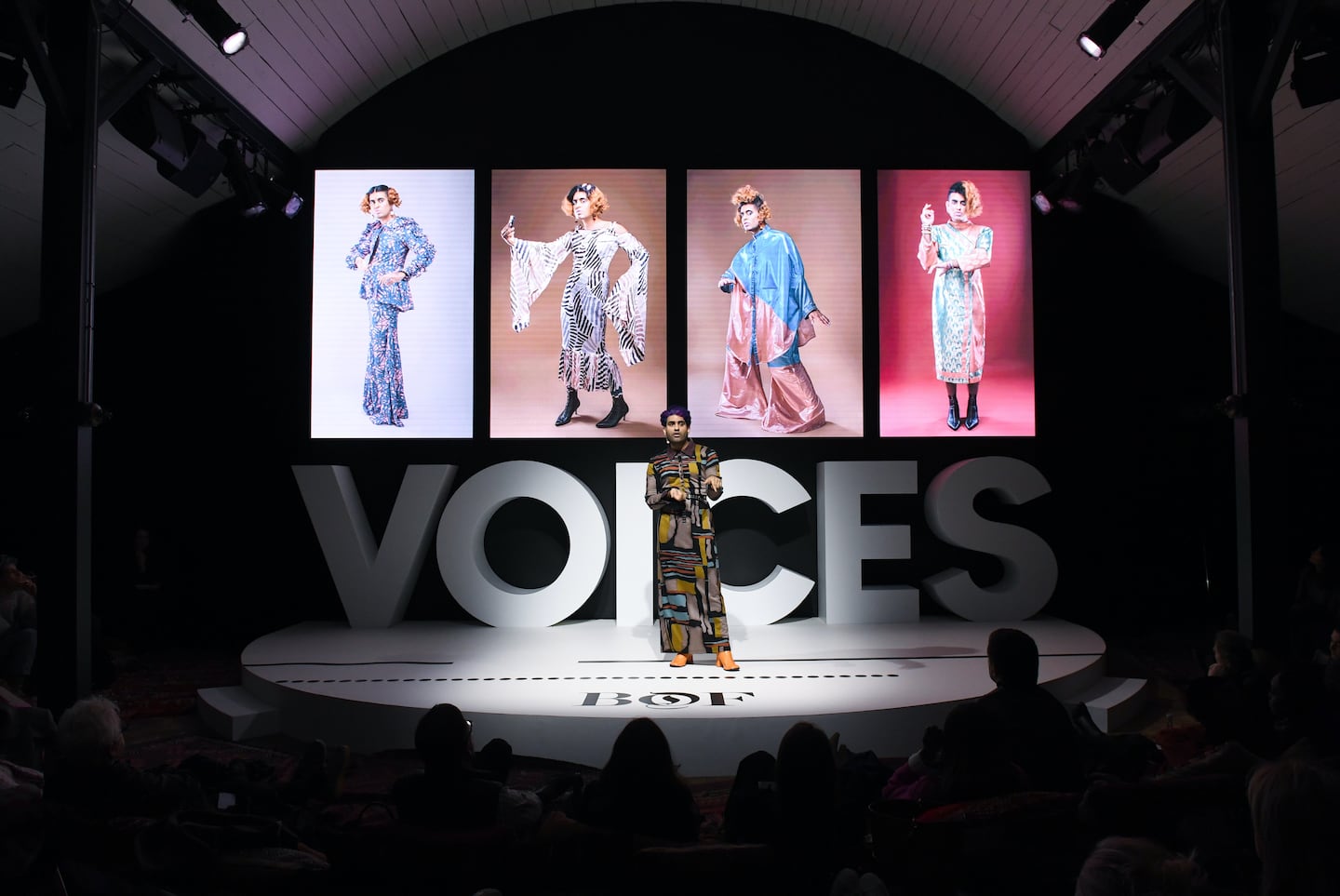
The Business of Fashion
Agenda-setting intelligence, analysis and advice for the global fashion community.

Agenda-setting intelligence, analysis and advice for the global fashion community.

OXFORDSHIRE, United Kingdom — When Alok Menon was asked to be on the cover of a magazine a few years ago, the poet and performance artist was excited to showcase their eccentric style: six-inch heels and a dress “that would make even the most gnarly substitute teacher in town blush.”
But ultimately, Menon was cut from the cover, after hearing the photographer whisper to an editor: “Do you want the best photo, or do you want the politically correct photo.”
This type of conduct, Menon explained, depicts the fashion industry’s glaring blindspot when it comes to diversity and inclusion. “People want the aesthetic of diversity, but they don’t actually want us,” Menon said. “I am not an idea. I am not a symbol. I am not a prop. I am a person.”
It’s also why the fashion and beauty industries need to be completely “de-gendered,” they added.
ADVERTISEMENT
What does this look like? For starters, the narrative that trans people are “newly in fashion” should go away, Menon argued, in addition to allowing cis straight people to represent gender-neutral fashion in ads and glossy magazines.
Companies should also hire more trans and non-binary creatives in leadership positions, and support organisations that fight for trans rights.
Also vital is “casting a diverse array of genders, sizes, abilities and races in every show and campaign, not just perfunctory Pride collections which at this point are so unimaginative they feel positively homophobic,” Menon said.
Some more points: “Ending ‘men’s fashion week’ and ‘women’s fashion week,’ and just having fashion week” or “moving beyond gender-segregated stores and ‘men’s magazines’ and ‘women’s magazines.’"
“Fashion should proliferate possibility, not constrain it,” they said.
To learn more about VOICES, BoF’s annual gathering for big thinkers, visit our VOICES website, where you can find all the details on our invitation-only global gathering.
From analysis of the global fashion and beauty industries to career and personal advice, BoF’s founder and CEO, Imran Amed, will be answering your questions on Sunday, February 18, 2024 during London Fashion Week.
The State of Fashion 2024 breaks down the 10 themes that will define the industry in the year ahead.
Imran Amed reviews the most important fashion stories of the year and shares his predictions on what this means for the industry in 2024.
After three days of inspiring talks, guests closed out BoF’s gathering for big thinkers with a black tie gala followed by an intimate performance from Rita Ora — guest starring Billy Porter.